List Of Countries Where Tattoos Are Banned
Tattoo restrictions around the world: Where to think twice before getting inked.

Image: iStock
In certain corners of the world, the freedom to express oneself through tattoos faces unique challenges. Tattoo-banned countries refer to a list of places where the practice of body art encounters legal restrictions. As tattoos continue to be a globally embraced form of self-expression, it is intriguing to explore the cultural and legal landscapes that lead some countries to impose bans on this age-old tradition. In this article, we will delve into the list of countries where tattoos are prohibited and attempt to understand the various reasons behind such restrictions as well as the implications for individuals who seek to adorn their bodies with ink. Let us uncover the diverse attitudes and regulations surrounding tattoos across the globe.
In This Article
Countries Where Tattoos Are Illegal
1. Iran
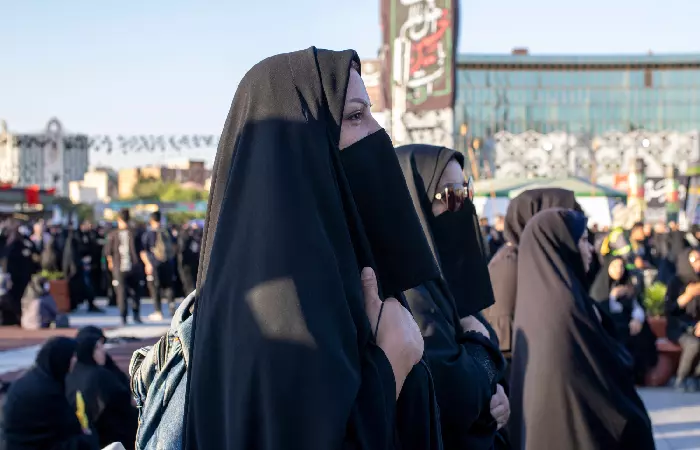
In recent years, the act of displaying tattoos or getting inked has become a sensitive issue in Iran, where leaders and government officials openly associate tattoos with devil worship and consider them symbols of Westernization, vehemently opposing such practices. The country has implemented a ban on tattoos and spiky haircuts, considering them in direct contradiction to Islamic regulations. Visitors to Iran are strongly advised to exercise extreme caution in revealing any form of ink, especially if it holds religious connotations, as authorities rigorously enforce strict interpretations of Sharia law.
2. Türkiye

While tattoos are not against the law in Türkiye, the country’s leading authorities have grown more unfriendly toward body art lately. The top religious body in Turkey has issued a religious ruling, known as a Fatwa, advising Muslims with tattoos to either get rid of them or ask for forgiveness from God if they cannot remove them.
The Religious Affairs Directorate of Türkiye, referred to as Diyanet, stated in its declaration that all types of body art, such as tattoos and the removal of facial hair or eyebrows, are prohibited according to the teachings of Prophet Muhammad.
Even though tattoos are popular in officially secular Türkiye, particularly among young people in urban areas, there is increasing disapproval from top officials and religious authorities.
3. United Arab Emirates (UAE)

In the UAE, especially in Dubai, there exists a diverse expatriate community. Although tattoos are not strictly prohibited, guidelines emphasizing public decency are in place. Can Muslims get tattoos is still a topic of contention, but most of them, if they get any, prefer not to flaunt them in public. Some public spaces may necessitate covering tattoos, and certain designs, particularly those featuring religious or offensive symbols, might lead to complications. While foreigners are generally not penalized for getting tattoos under the Islamic dress code policy in the UAE, the General Authority of Islamic Affairs and Endowment views tattooing as a form of self-harm and permits it only when performed by a licensed doctor. Furthermore, tattooed tourists who violate federal laws in the UAE risk a potential lifetime ban from visiting.
 Quick Tip
Quick Tip4. North Korea
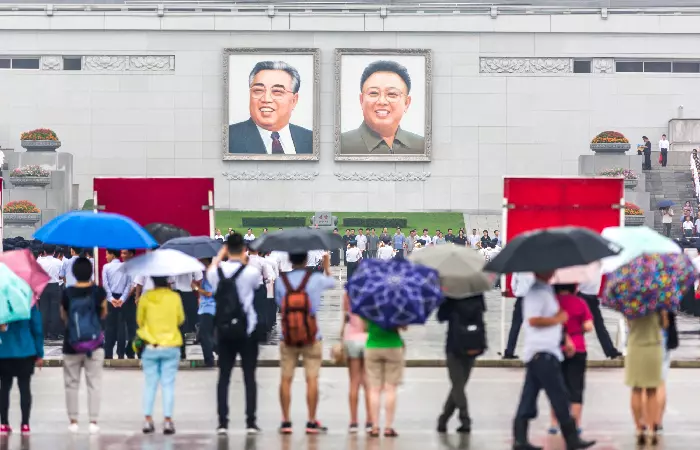
While certain tattoos are permitted in North Korea, there are strict rules to follow. Any visible tattoos in the country must either express admiration for the Kim family (leaders) or have an approved political significance. If you have tattoos that don’t meet these criteria, you might face deportation or even be given a sentence of hard labor in prison.
5. South Korea

In South Korea, there’s more freedom compared to North Korea, but both countries have similar rules about tattoos – technically, they are considered illegal. According to local laws, only doctors were allowed to do tattoos, but now, certified beauticians can also apply permanent make-up tattoos due to recent changes.
6. Sri Lanka
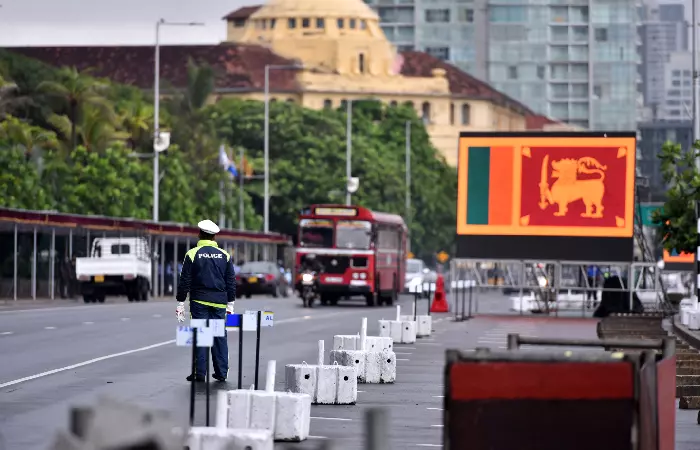
When traveling in Sri Lanka, it’s essential to be mindful of tattoos featuring Buddhist symbols, as they can be considered offensive. Tattoos depicting elements of Buddhist culture or the Buddha himself may be seen as culturally insensitive and blasphemous, leading to serious consequences, including arrests. Sri Lanka holds strong Buddhist beliefs, and the government is particularly sensitive to any perceived defacement of their religion, especially when it involves outsiders displaying tattoos with significant cultural and religious symbolism.
7. Thailand

Similar to Sri Lanka, Thailand is becoming strict with tourists displaying tattoos related to religion. The Thai government considers religious tattoos culturally inappropriate and believes they disrespect native religions. However, non-religious tattoos are generally acceptable in both countries, as they have become popular tourist destinations, and locals are usually welcoming and accepting of foreigners with tattoos.
8. Vietnam
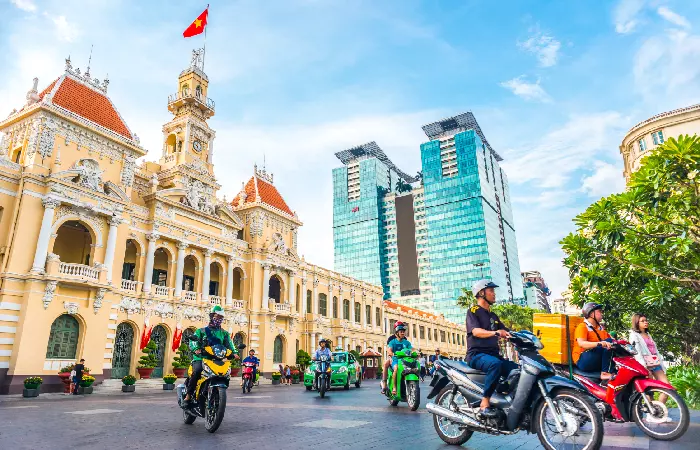
In the past, tattoos in Vietnam were linked to crime, and having a tattoo shop was banned. However, influenced by global trends, attitudes have changed, and the tattoo industry is growing. In rural areas, older mindsets may still view tattoos negatively, so covering up might be wise. If your new tattoo has healing issues while traveling, seek a specialized studio in major cities to prevent infections. Despite past stigmas, Vietnam is becoming more accepting of tattoos, especially in urban areas influenced by international trends. Always prioritize taking care of your tattoo to avoid potential problems during your travels.
 Quick Tip
Quick Tip9. Denmark
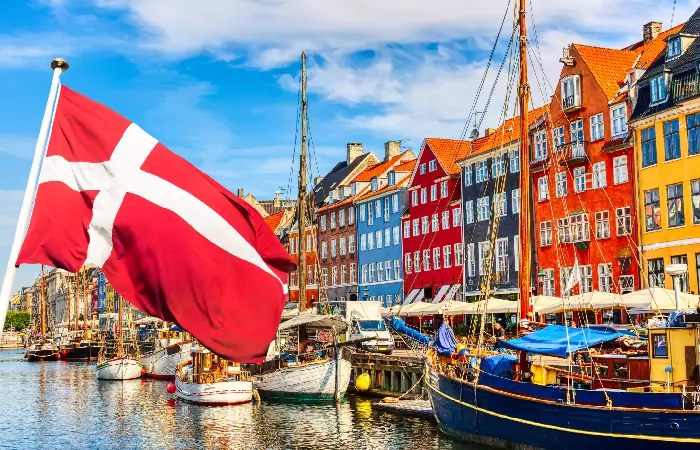
In Denmark, there is a strict rule: avoid getting tattoos on your face, neck, and hands. This law has been around since 1966 to prevent people from having visible or unattractive tattoos in these areas. The government is worried that tattoos on these parts might give an unprofessional appearance, affecting social life and job opportunities. However, there’s a movement to change this long-standing law, led by the Social Liberals. Some people are already getting tattoos on their faces, necks, or hands, or they travel to neighboring states to get inked in those areas despite the existing ban.
10. Germany

In this country, there are strict tattoo laws against showing tattoos that represent or celebrate Nazi culture. If you have such a tattoo, you could be arrested and even deported. While Germany is generally accepting of tattoos, anything that looks like it supports the past Nazi regime can get you into serious trouble. It’s important to be aware of the specific rules regarding tattoos related to Nazi symbols to avoid legal consequences in this country.
If you are a tattoo enthusiast, it’s better to research local laws and customs regarding tattoos before traveling. Following tattoo etiquette for the country you are traveling to is important to avoid any issues with the local communities. Keep reading to learn more.
Key Takeaways
- Tattoos face strong opposition in Iran due to their association with devil worship and Westernization, leading to a ban enforced under strict interpretations of Sharia law.
- Tattoos face disapproval in Turkey as the top religious body issues a fatwa advising Muslims to remove them, citing prohibition based on Prophet Muhammad’s teachings.
- Tattoos in the UAE are subject to decency guidelines; certain tattoo designs may pose complications, and tattooing is permitted only when done by a licensed doctor, according to the General Authority of Islamic Affairs.
Travel Considerations
Some countries have strict regulations or cultural taboos related to body art. In conservative countries, it is often advisable to cover up your tattoos, especially in religious or cultural settings. For instance, in Japan, people with tattoos are usually not allowed in onsens (hot pools or springs). While there might be exceptions and some onsens may be tattoo-friendly, most of them have a strict “no-tattoo” policy.
Be mindful of cultural sensitivities surrounding body art. In certain cultures, tattooing may be seen as a sign of rebellion or a lack of respect. For instance, if you are traveling to Vietnam, it’s better to cover up tattoos with religious or political symbols and statements. While in cities, you may not face any issues, as people are becoming more open to ideas regarding tattoos. However, it’s better to be cautious when traveling to the interior areas. Show respect for local customs and traditions to avoid any misunderstandings or offenses.
Infographic: 10 Nations With Strict Tattoo Laws
Tattoos are a form of personal expression that can have very different interpretations from culture to culture. Some countries restrict, regulate, or prohibit tattoos altogether due to certain cultural, religious, or even political views. It can be quite challenging when traveling. Fortunately, the infographic below provides a comprehensive answer about the most strict tattoo laws! Take a look!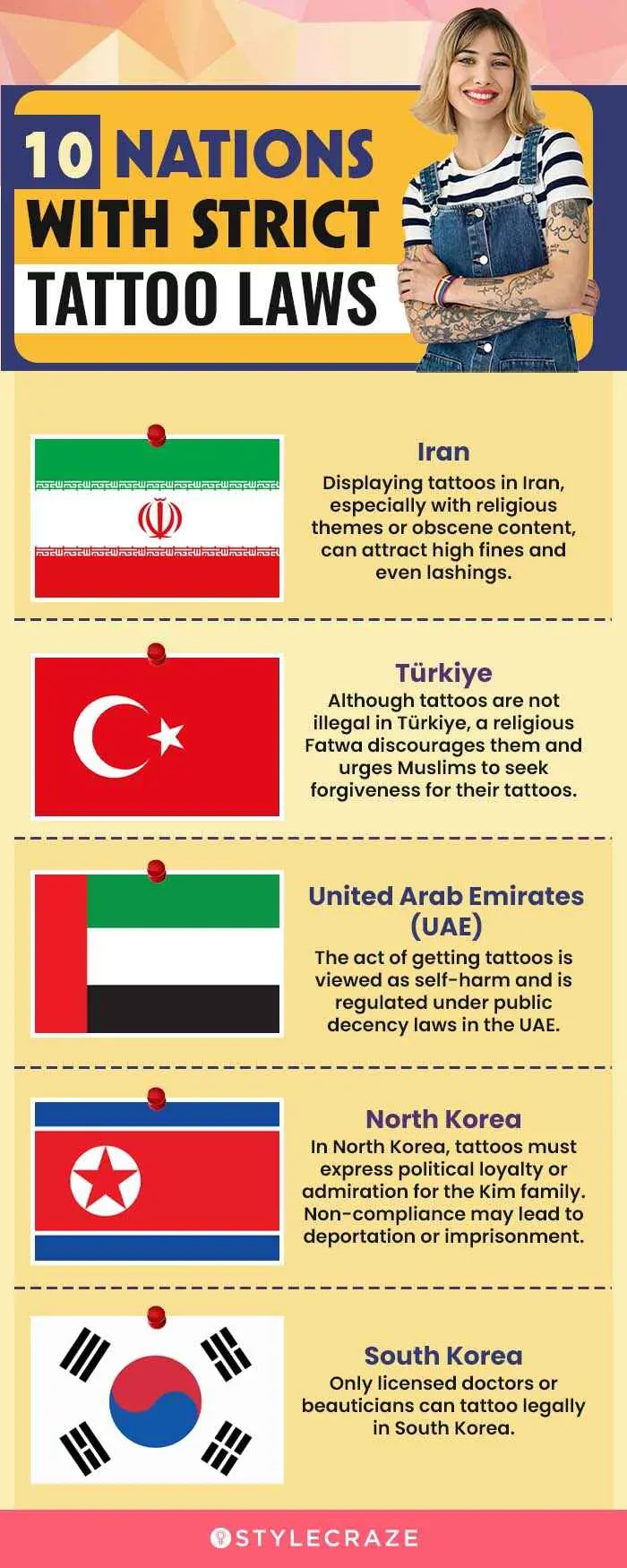
Illustration: StyleCraze Design Team
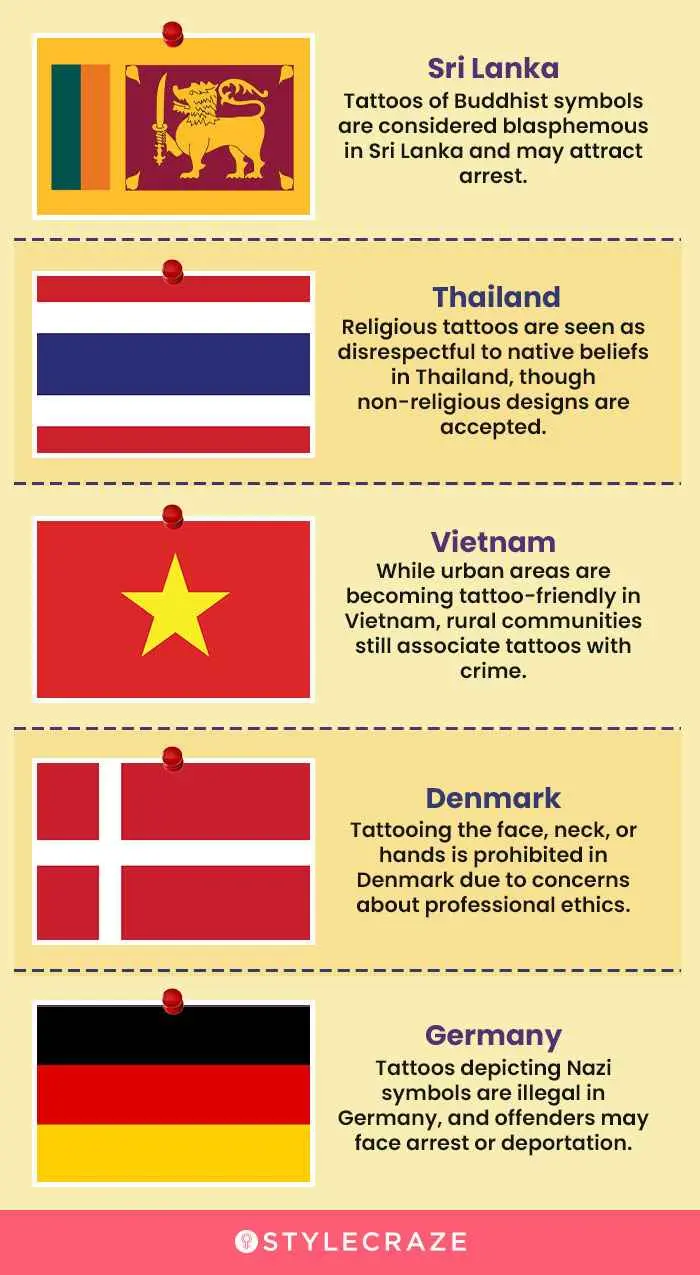
Illustration: StyleCraze Design Team
Navigating the global landscape of self-expression through tattoos, the concept of “tattoo-banned countries” sheds light on places where legal restrictions challenge this form of art. The main question is, why do people get tattoos? One explanation can be it is a way to express oneself and impart a sense of liberation, rejecting the idea of restriction and limitation. However, it has been observed that what does not hurt you may hurt others’ sentiments. The list of countries prohibiting tattoos, including Iran, Turkey, and North Korea, reflects a complex interplay of cultural, religious, and political factors. In Iran, tattoos clash with religious beliefs, while Turkey witnessed a shift in the attitudes of the authorities. The UAE and Thailand have not outright banned tattoos but imposed guidelines reflecting cultural sensitivities. Sri Lanka and Vietnam showcase restrictions tied to cultural and religious sentiments, emphasizing respect for local beliefs. Denmark and Germany, with nuanced regulations, illustrate the ongoing dialogue between personal expression and societal norms. The intricate tapestry of tattoo bans globally underscores the need for travelers to navigate diverse cultural landscapes with awareness and sensitivity.
Frequently Asked Questions
Which countries reject visas for having tattoos?
No official documentation from any nation explicitly declares visa rejection due to tattoos. Yet, it’s crucial to recognize that certain countries hold conservative views and attitudes towards tattoos, potentially causing complications in visa applications due to differing cultural perspectives on body art.
Are tattoos illegal in Japan?
Despite being considered a historical hub for tattoo art, Japan has surprisingly stringent regulations on tattoos. Negative associations persist, and authorities strongly discourage any visible ink deemed offensive, particularly if linked to organized crime. Numerous public spaces like swimming pools, hot springs, etc. in Japan restrict entry for individuals with visible tattoos due to cultural sensitivities.
Discover the intriguing world of tattoo restrictions in Japan! This video explores the cultural nuances and places where tattoos are banned. Ready to unveil the reasons behind the ink taboo? Watch now and gain insight into Japan’s complex relationship with tattoos!
Read full bio of Brik Rangel
Read full bio of Pahul Nanra
Read full bio of Shatabdi Bhattacharya
Read full bio of Manjari Uppal





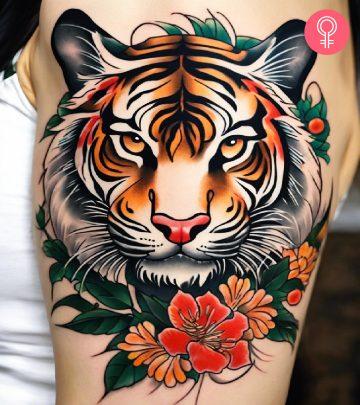

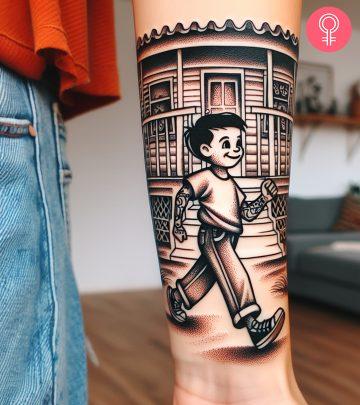

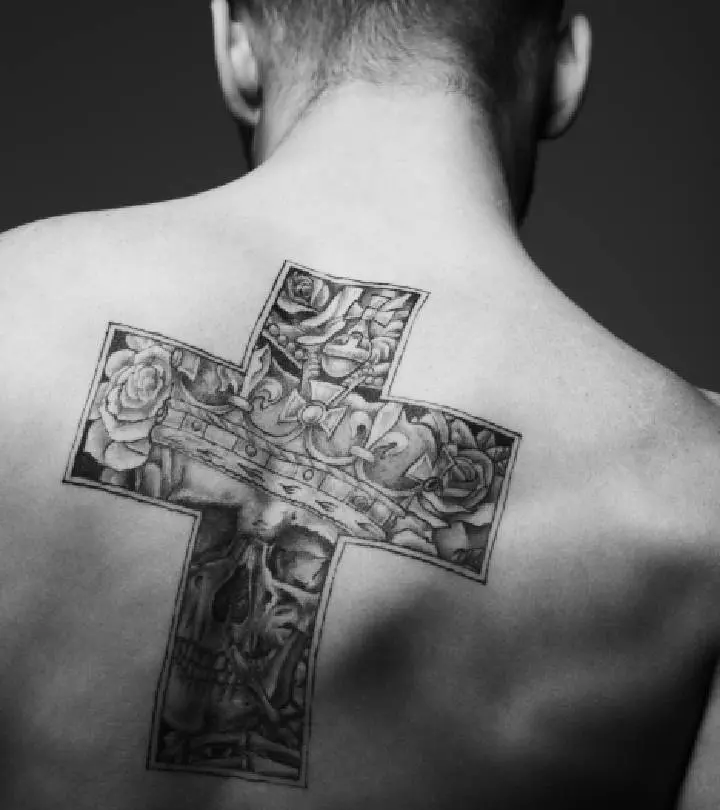
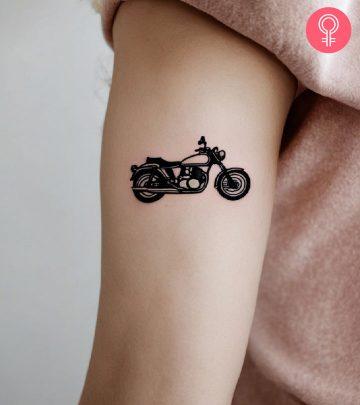
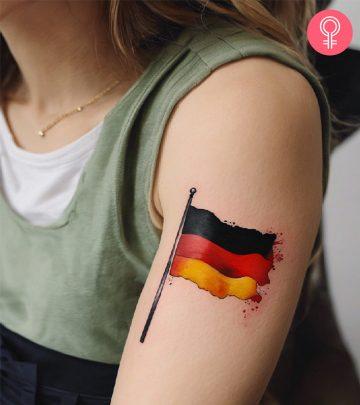
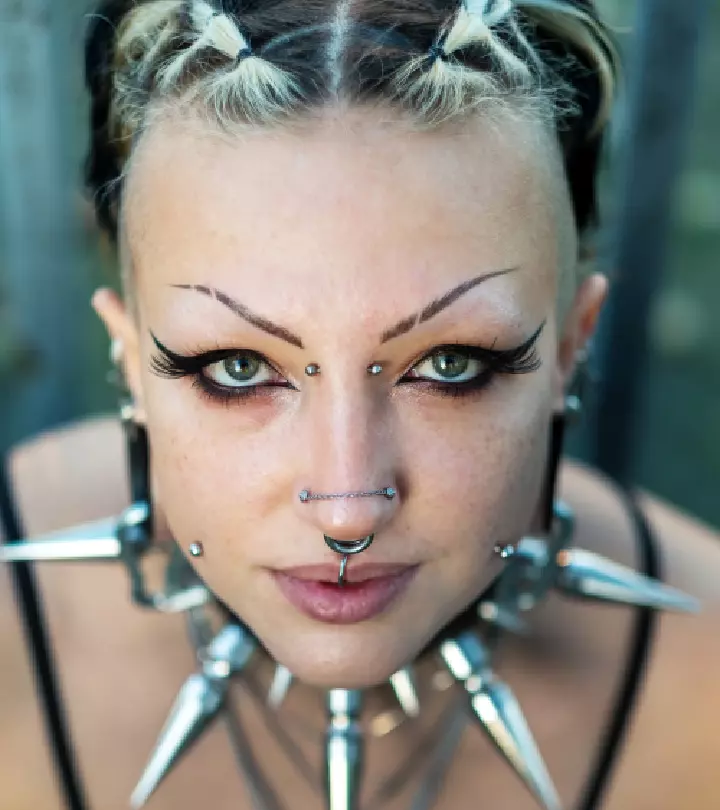
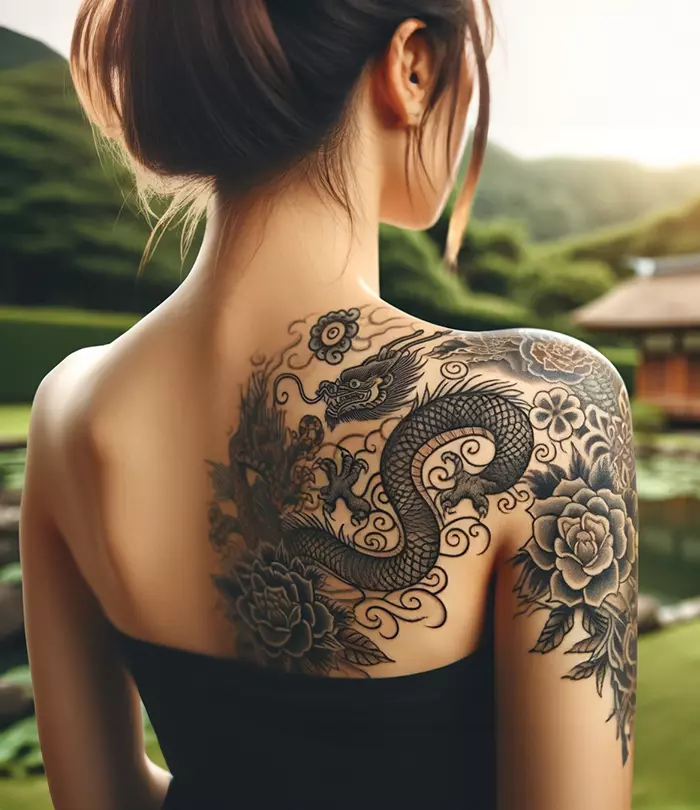
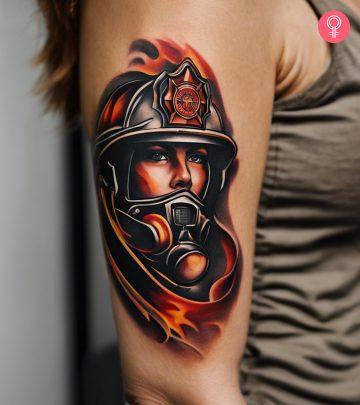
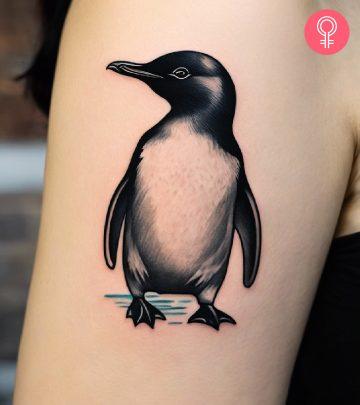
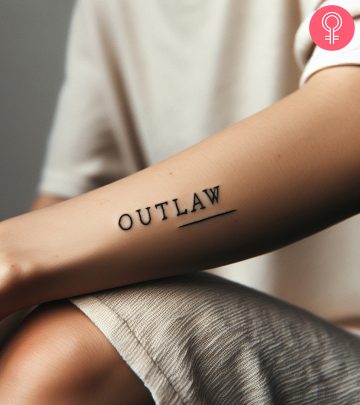
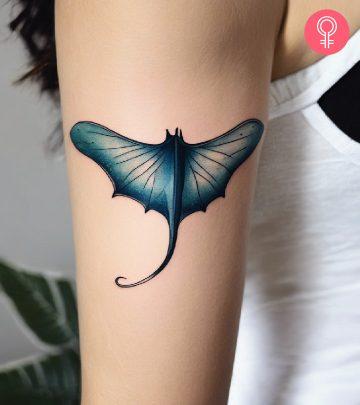
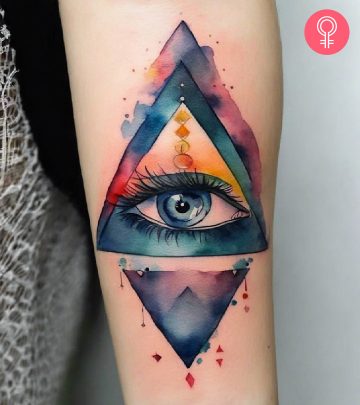
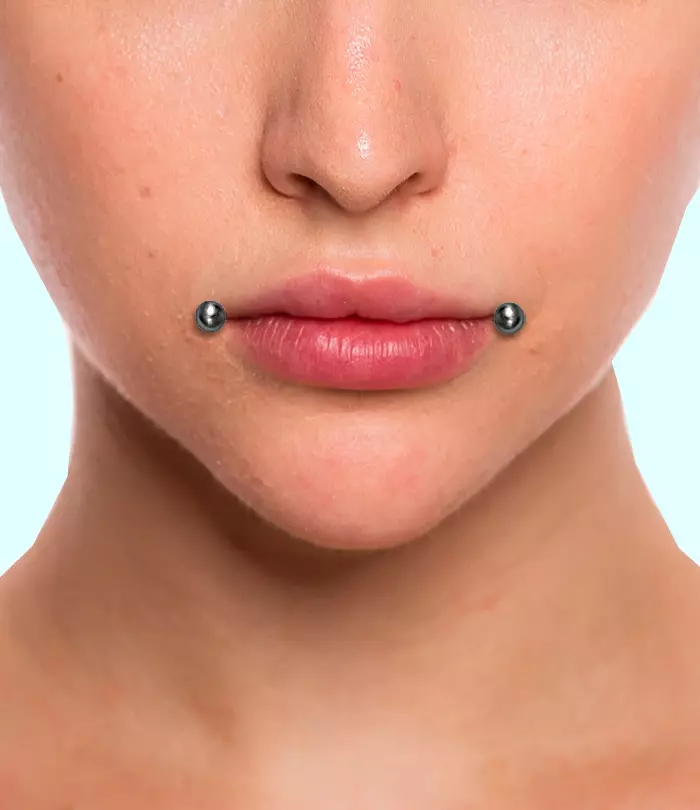

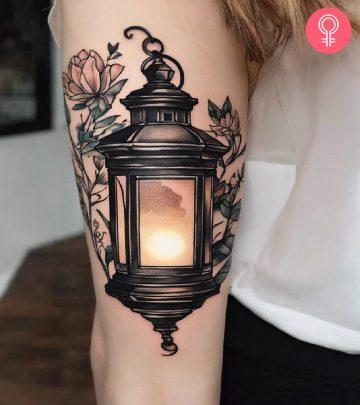



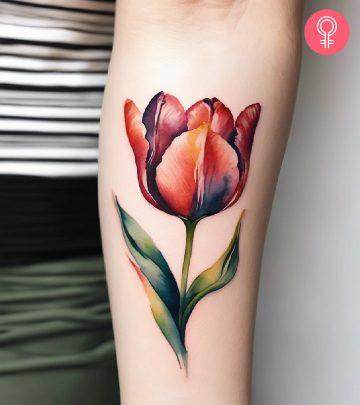
Community Experiences
Join the conversation and become a part of our empowering community! Share your stories, experiences, and insights to connect with other beauty, lifestyle, and health enthusiasts.